I love TED Talks, and of course, I was interested in a talk by Amy Cuddle titled “Your Body Language Shapes Who You Are? At the age of 19 Ms. Cuddle was in an extremely serious car accident that resulted in a traumatic brain injury. Afterward she was told that her IQ was lowered by 2 standard deviations. She was informed that she would never finish college. Having always been identified as gifted she talks about how powerless she felt. Working extraordinarily hard, she overcame her deficits, and now she is faculty at Harvard Business School. She says, she always felt like an impostor, but why was the assessment given to her so incorrect.
As professionals we use observations, formal and informal evaluations which offer normative data used to gauge a person’s ability. This normative data gives information that is use to make predictions of future outcomes such as, “you will never finish college.” Normative data is based on how other people with a similar profile have responded after such as event. It’s statistics, but people aren’t just statistics. The assessment continues to be the best way to understand the most likely outcome.
As a speech language pathologist providing an assessment of a person’s speech and language abilities is part of my job. An assessment, is only a glimpse of a person’s potential at one given point in time. The purpose of an assessment is to identify the problem(s), so that additional tools and resources can be targeted directly to areas of weakness. Knowing the potential outcome of a particular profile is how large systems, such as schools and hospitals, decide to direct resources. As an individual how do you know when to ignore the diagnose and continue to work hard or should you always ignore the diagnosis
After such a diagnosis, what makes one person never go to college while another finishes and becomes a University professor? There are many factors that contribute to someone’s ability to achieve academically. Factors like motivation, attitude, resources, mental strength, intellectual capacity, and mental flexibility identify a few. Other indicators of future potential after cognitive changes occur are the type of student a person was before the incident offers valuable information. Ability to work hard, determination, type of student are all additional factors that help improve the reliablilty of a diagnosis. She knew how to learn and the discipline to pursue learning regardless of the difficulty. From my experience people with traumatic brain injuries often have headaches, confusion, dizziness etc. at least for several months. Studying would have been extremely difficult, but Amy Cuddle, who is now a professor at Harvard Business School, was not afraid of hard work. Finally, assessments do not tell the entire story as Amy Cuddle’s recovery shows. We can never know what a person is capable of or if they will have the mental fotitude to overcome their challenges.

